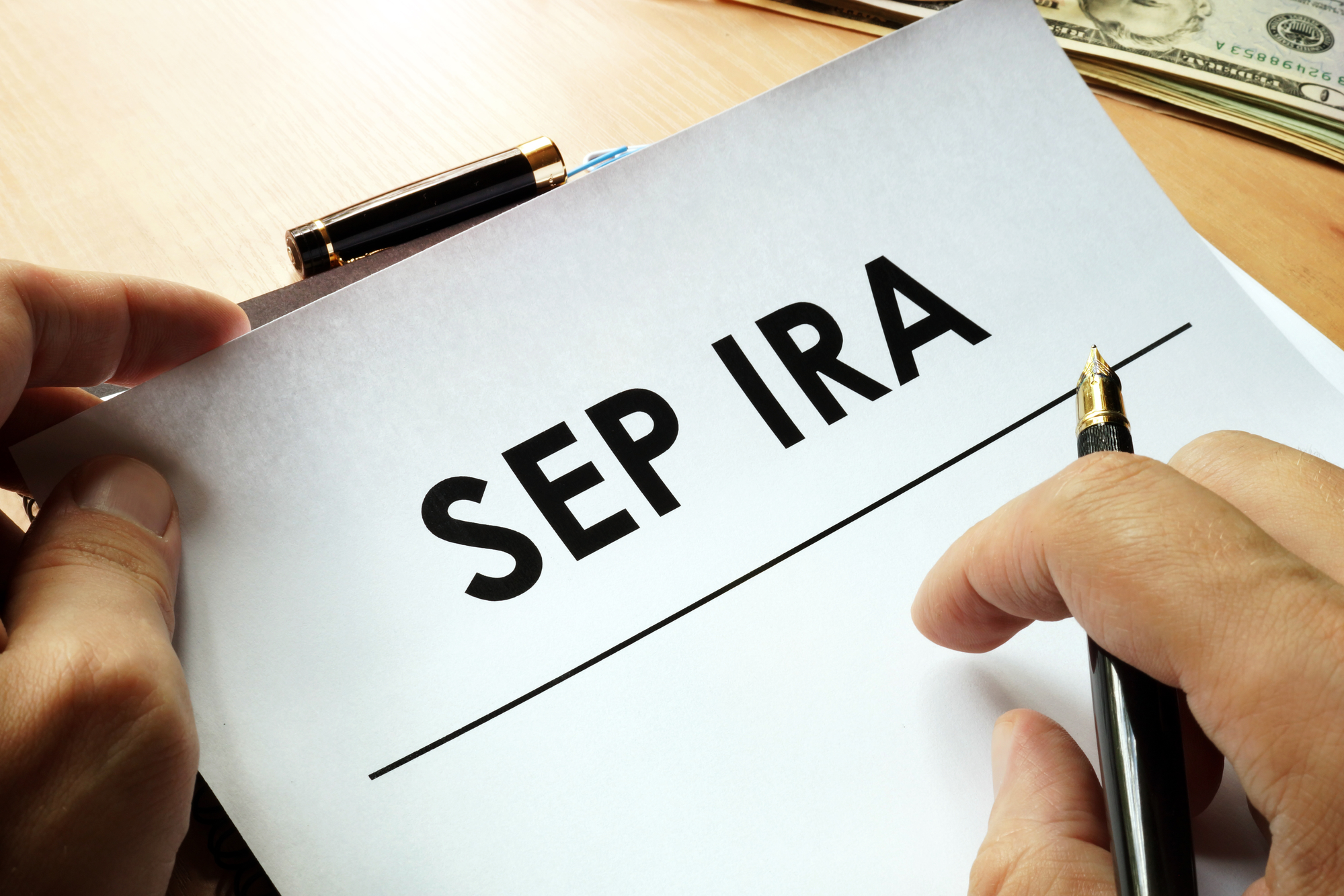Table of Contents
Save thousands each year, and gain control of what's yours.
Join our newsletter
to get trending content!
Key Takeaways
- High Contribution and Tax Advantages: SEP IRAs allow for high yearly maximum contributions compared to traditional or Roth IRAs, and contributions are tax-deferred until withdrawal. Employer contributions are also tax-deductible for the employer.
- Flexibility in Contributions: Employers are not required to make contributions every year, and the amount contributed (as a percentage of income) can vary annually, offering flexible funding.
- Ease of Administration: SEP IRAs are easy to set up, have low administrative costs, and do not require the mandatory annual filing of Form 5500, unlike a 401(k) plan.
- Employee Ownership and Responsibility: Employees have immediate and complete ownership of the contributed money; employers are not responsible for investments, setting up vesting schedules, or tracking service requirements.
Do you as a small business owner find the process of choosing a retirement plan expensive and confusing? A Simplified Employee Pension IRA or SEP IRA might be the perfect option for you.
A wide-array of small businesses, ranging from partnerships, LLCs, S-Corporations, C-Corporations to sole proprietorships can benefit from the powerful features of SEP IRA accounts. These accounts were created so as to provide a tax-advantaged retirement plan for small businesses.
A SEP IRA can simply be set up by executing a written agreement, or setting up the SEP plan with a qualified financial institution (such as a mutual fund company, a bank, a brokerage firm or through a financial advisor), or by opening a SEP IRA for each eligible employee.
What are the ways a small business can benefit from choosing a SEP IRA?
- A major advantage of an SEP IRA account is its high yearly maximum contribution limit. Hence, you may contribute more to a SEP IRA as compared to traditional IRA or Roth IRAs as long as you make more than $22,000 approximately.
- As with a traditional IRA or 401(k), contributions to a SEP IRA account are not taxed in the year they are made. Instead, until the withdrawals are made, the taxes are deferred. This allows the money to compound tax-deferred for long periods of time.
- Employers can reduce the tax bite on the contributions they make to the SEP IRA account of their employees as these contributions are tax-deductible for the employer.
- With an SEP IRA, an employer is not required to make contributions each year. Also, the amount of contribution that you can make as a percentage of your income can vary from year to year.
- In case of a 401(k) plan, it is mandatory to fill out an annual form 5500. But this is not the case with an SEP IRA. There is no requirement to fill out excess tax forms.
- Every participant has immediate and complete ownership of the money contributed by you to his or her SEP IRA accounts. This means the employer is not responsible for the investments within the employees’ accounts. Also, the employer does not have to set up a schedule for vesting or to track service requirements. Each employee is responsible for choosing his or her investments inside this account.
- With SEP IRA, employers can take advantage of the flexible funding feature. This means the employers can take the decision every year regarding the amount to be contributed to this account. The amount can vary and the employers can even skip contributing any amount altogether.
Apart from all the features listed above, small business owners can also benefit from the fact that along with contributing for an SEP IRA, they can also contribute to a Roth or a traditional IRA. Also, SEP IRAs are easy to set up, have no initial setup or annual maintenance fees, come with low administrative costs and are easily available through most online investment firms.
Need a professional in learning more about how an SEP IRA can be beneficial for your business?
FAQs
Can I Contribute to a SEP Account?
It is not possible for you to contribute to a SEP account if you are an employee. Only employers have the authority to make contributions to a SEP account, and they are free to choose the amount they want to put in. Additionally, employers have the option to opt out of making any SEP account contributions at all.
What Are the Contribution Limits for a SEP Account?
The SEP contribution limit is $69,000 in 2024, rising to $71,000 in 2025, or the lesser of 25% of an employee’s income.
Rick Pendykoski is the owner of Self Directed Retirement Plans LLC, a retirement planning company based in Goodyear, AZ. He has over three decades of experience working with investments and retirement planning, and over the last ten years has turned his focus to Self Directed IRA accounts and alternative investments. If you need help and guidance with traditional or alternative investments, call him today.

